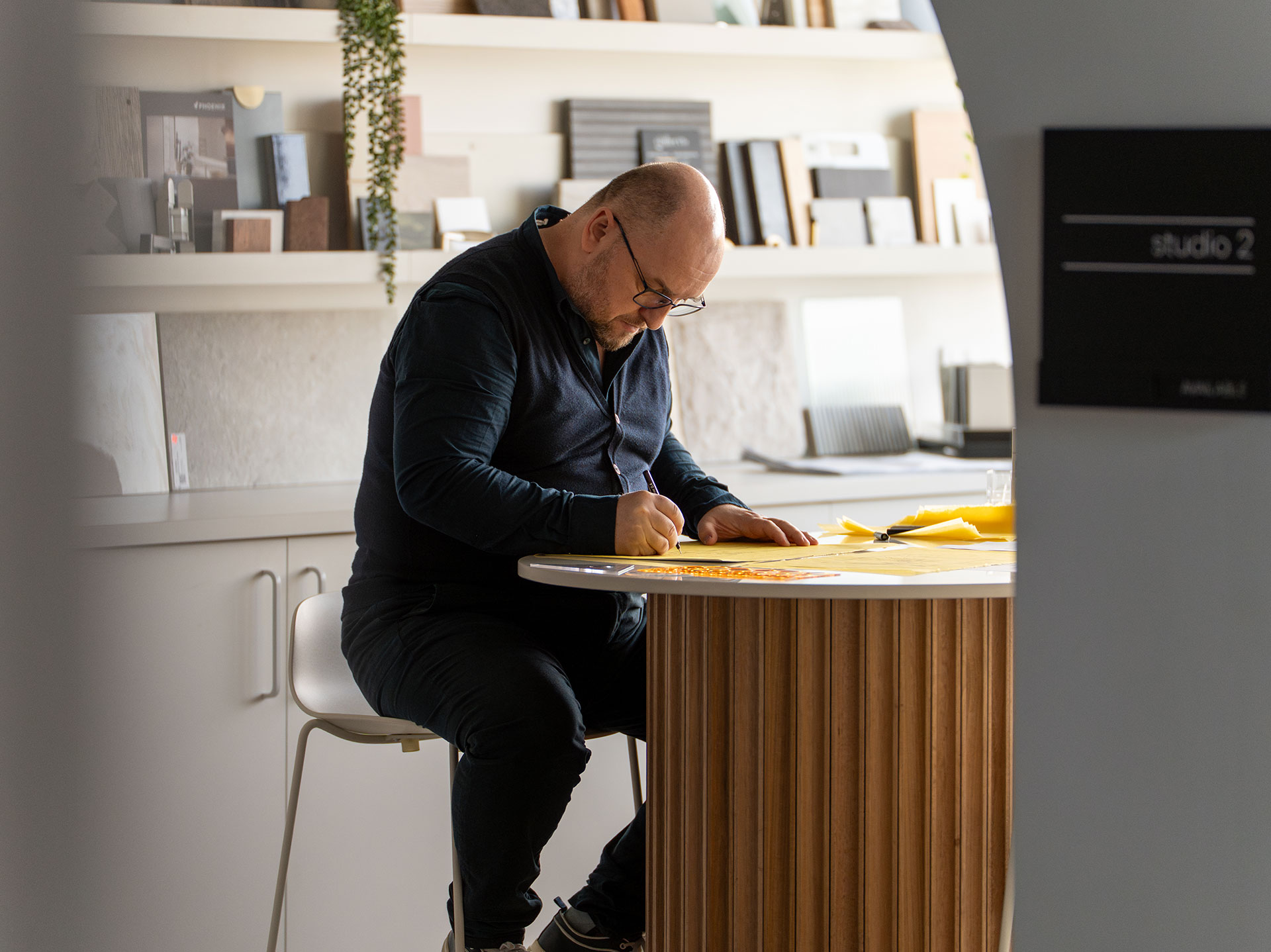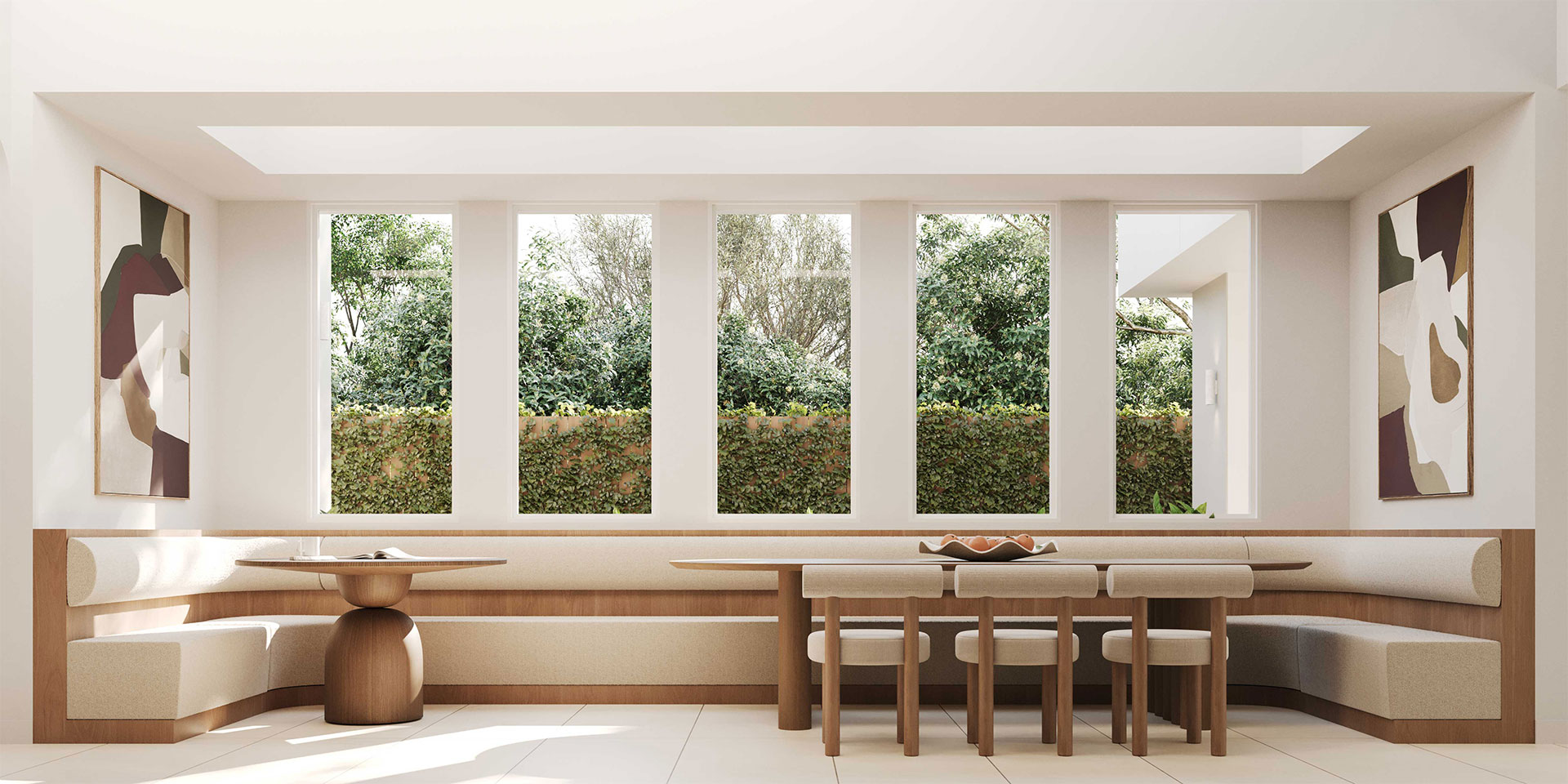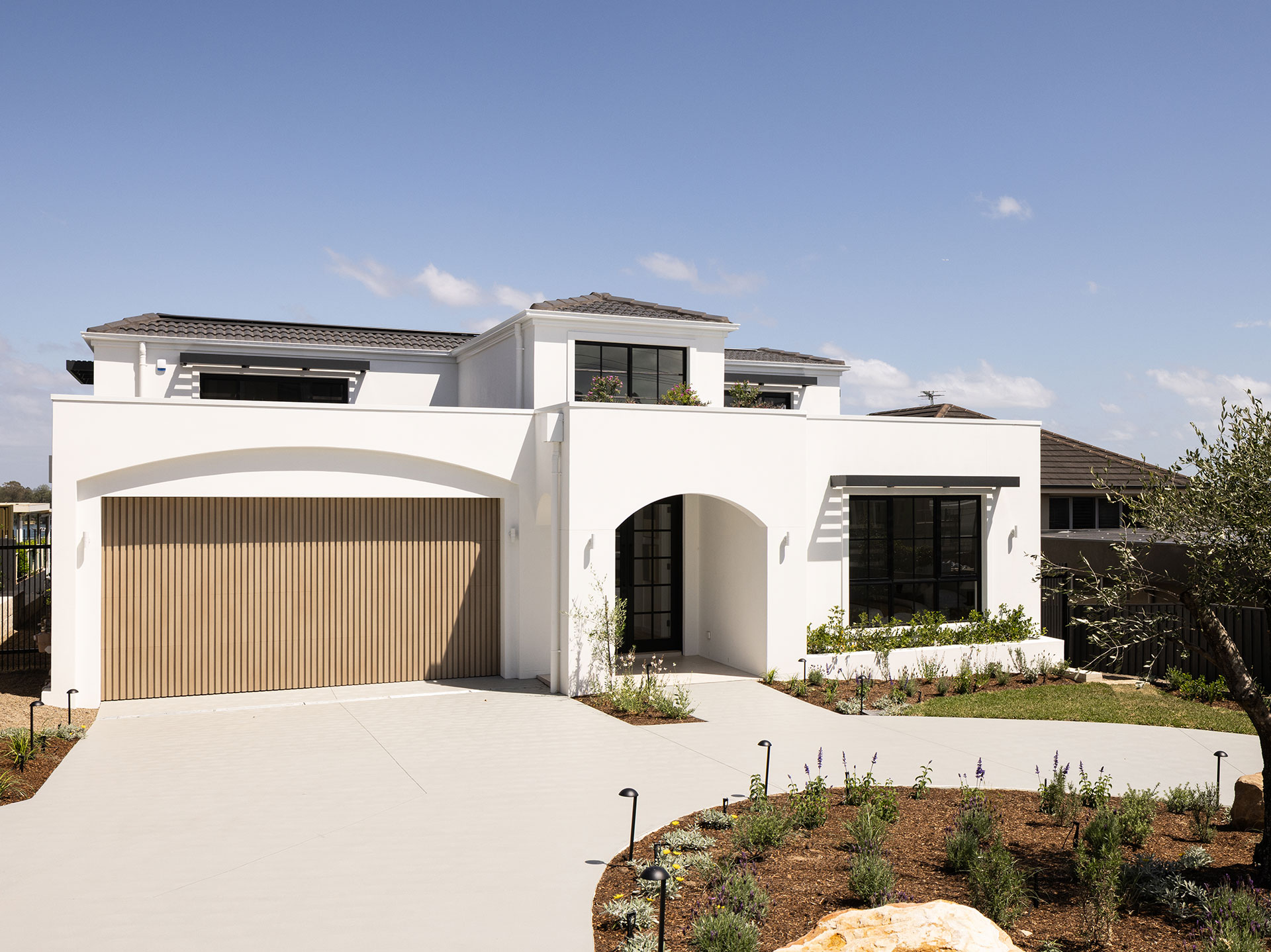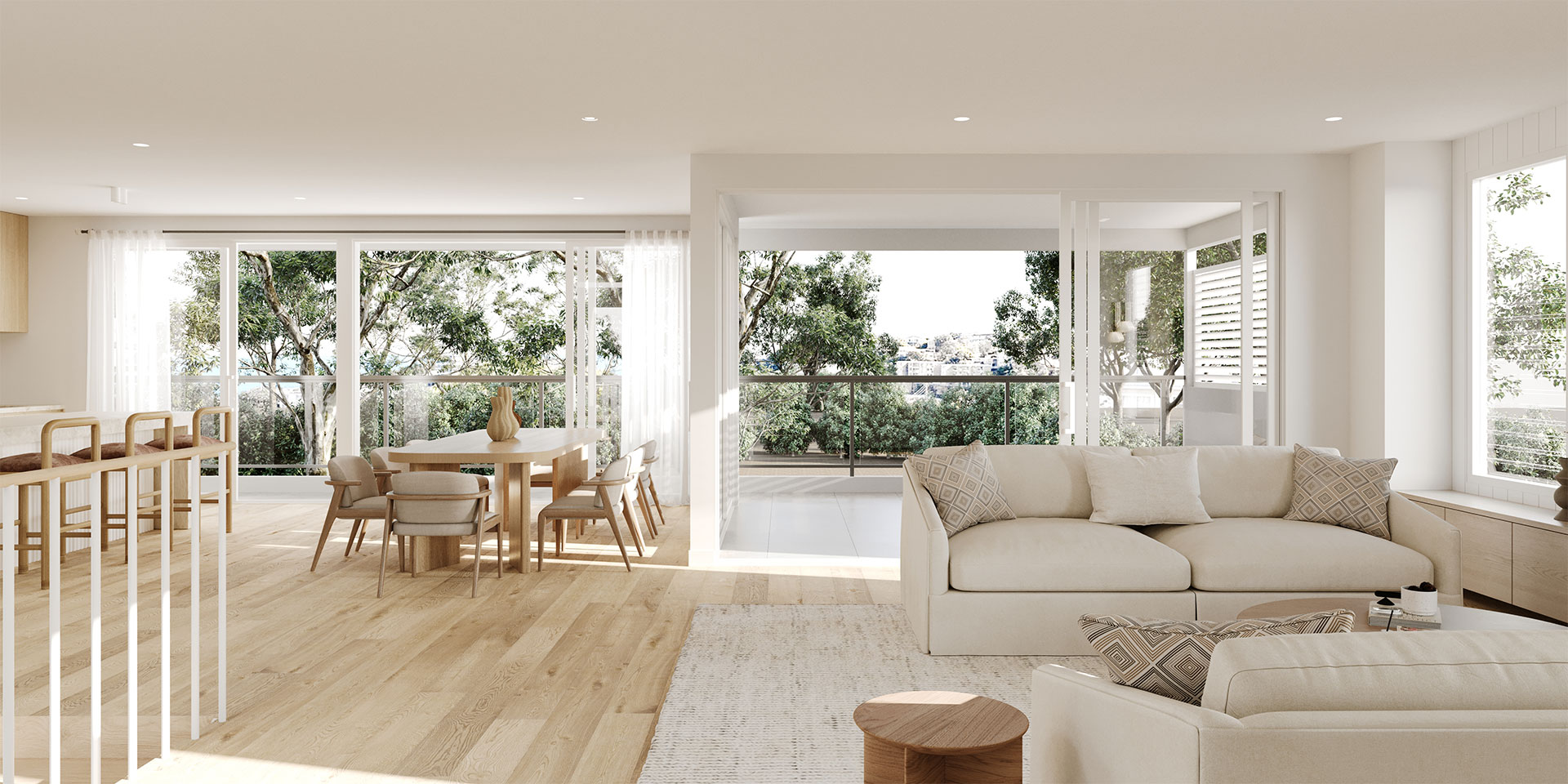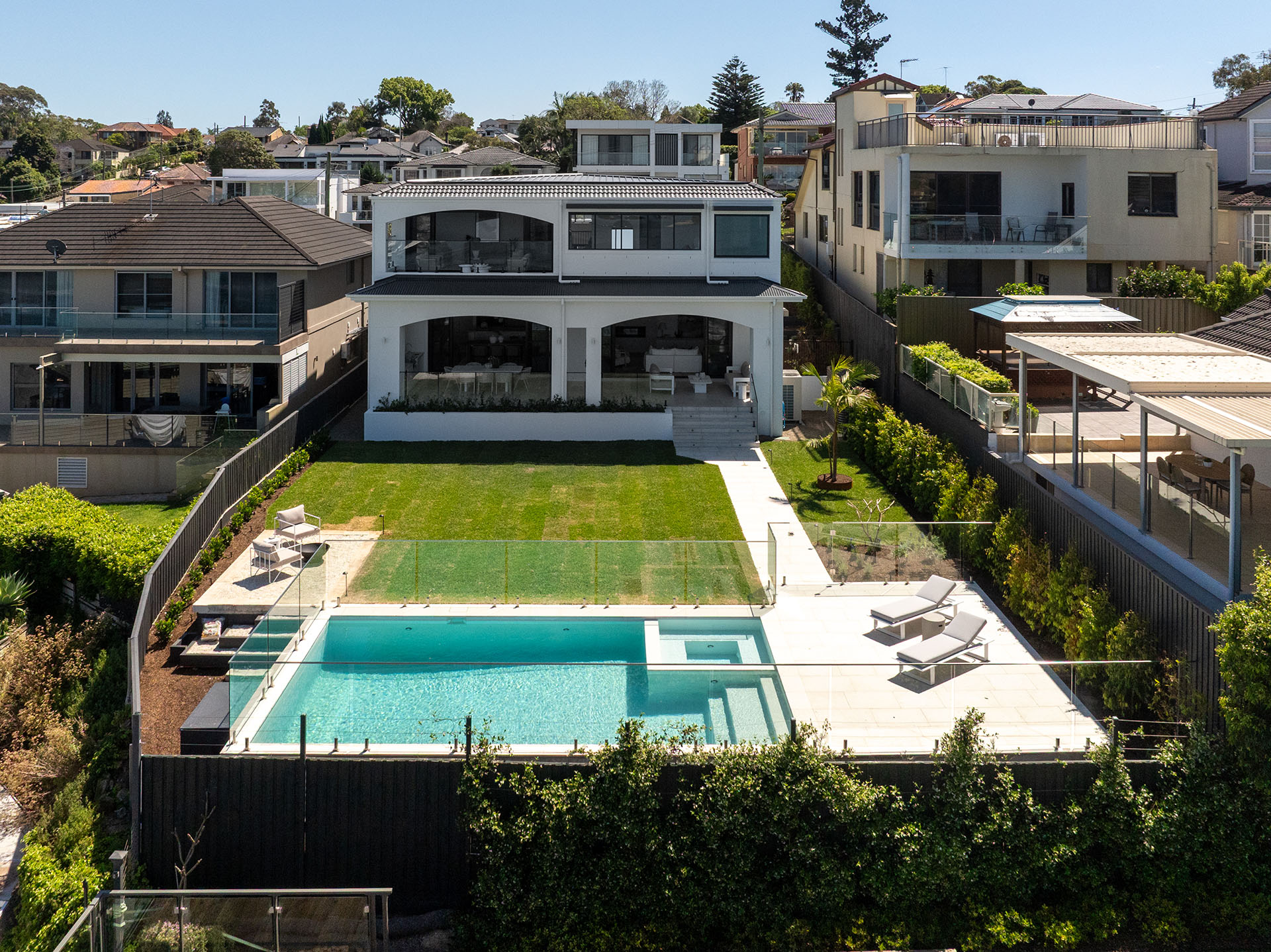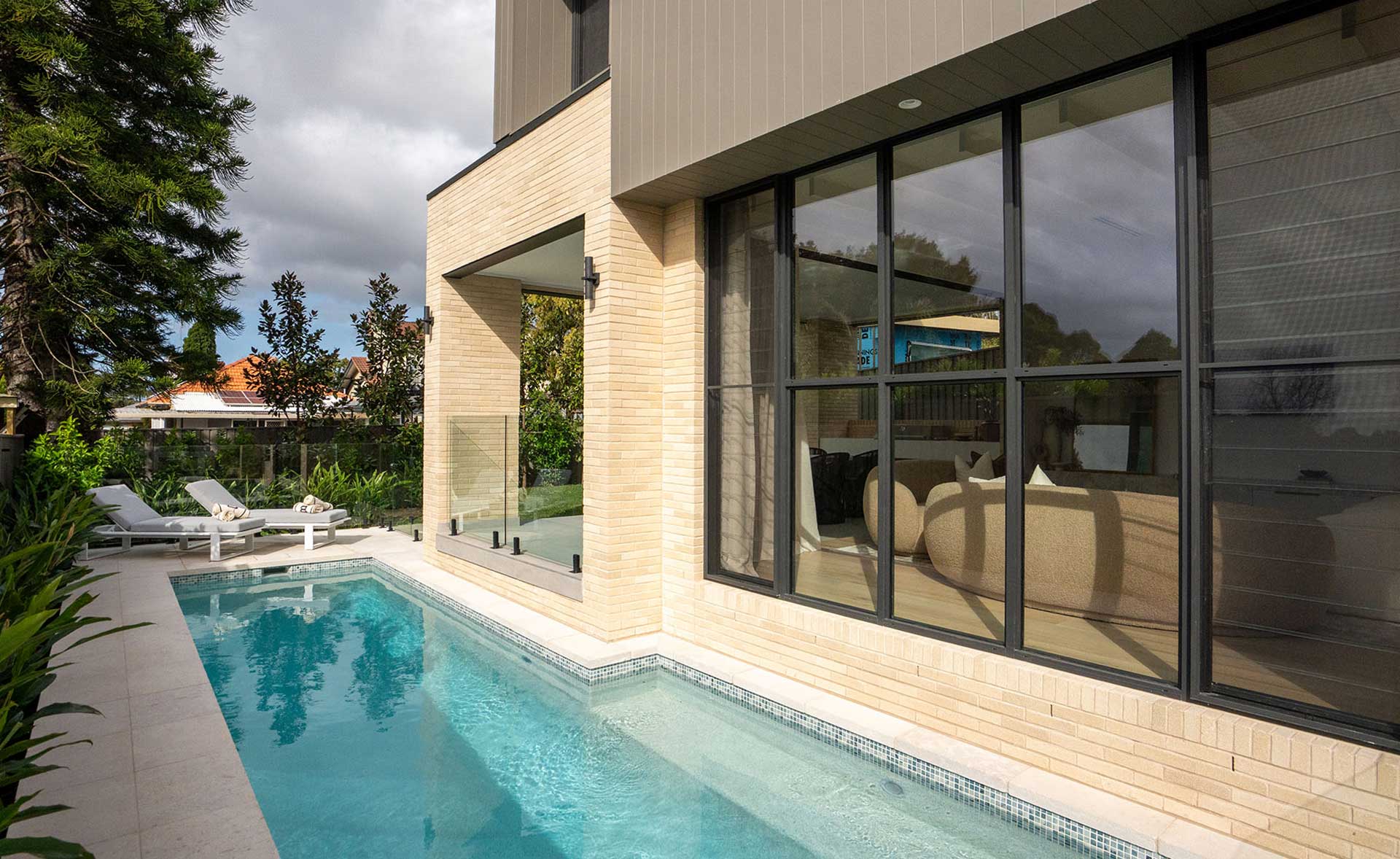Navigating Knockdown Rebuild Budgets

Written By
Nick Rawson

Hall & Hart unravel the complexities of budgeting for a knockdown rebuild project, shedding light on how your site and design choices interact to shape your ustom project's financial landscape.
Navigating Knockdown Rebuild Budgets: Striking a Balance Between Site Costs and Design
Embarking on a knockdown rebuild project involves a delicate balance between expenses tied to your property’s physical site and those that result from your design choices. Join us as we unravel the complexities, shedding light on how your site and design choices interact to shape your custom project's financial landscape.
Beneath the Surface and Site-Related Expenses
At the heart of effectively managing a knockdown rebuild budget lies the comprehension of costs originating from your site's characteristics. These expenses are influenced by various factors that lie beyond your control, including site conditions and the need to adhere to regulations. Considerations such as the ones noted below play a significant role in these costs:
- rock excavation
- site levelling
- addressing stormwater and hydraulic requirements
- adapting to marine environments
- Incorporating drop-edge beams for sloped terrains
Moreover, ensuring compliance with building codes, especially those related to flood, bushfire, and acoustics, remains an unwavering factor.
In addition to these aspects, site management requirements also demand your attention. These encompass factors such as site access:
- proximity of power lines
- available space for material staging
- traffic control
- the utilization of specialized equipment.
These requisites substantially impact groundwork costs and must be included in the budget planning process.

Design Solutions and Budget Management
Within the realm of design and finishes, you wield influence over your budget. Your decisions regarding materials, fixtures, and design elements carry considerable weight in determining the financial path of your project. By thoughtfully selecting components that align with your vision and financial considerations, you can navigate the intricate landscape of harmonising aspirations with budget constraints.
The Essence of a Well-Structured Design Process
The cornerstone of effective knockdown rebuild budget management lies in a systematic design process. Here's how it can guide you through the financial landscape:
1. Holistic Site Analysis and Planning
The journey starts with a comprehensive site analysis. Understanding the geological attributes and topographical features empowers you to anticipate expenses linked to the site. A well-integrated design process enables you to devise solutions that seamlessly merge your vision with financial practicalities, reducing budget uncertainties.
2. Integrating Compliance into Design
Upholding compliance standards is integral and should be woven into the design fabric. A well-thought-out design process ensures that compliance costs are recognised early, averting substantial budget fluctuations later.
3. Curating Finishes and Design
Your discerning choices play a pivotal role in selecting finishes and design elements. Partnering with industry experts and qualified interior designers opens doors to a range of options that elevate aesthetics while adhering to budget constraints.

Successfully navigating a knockdown rebuild journey involves harmonising costs emerging from the site with the creative choices you make. While some expenses linked to site conditions and compliance are a constraint, your decisions regarding design and finishes grant you the power to shape the final budget. A meticulous design process ensures that compliance challenges and site-related costs are anticipated and addressed proactively. By capitalising on the expertise and collaborating with professionals, you can gracefully manoeuvre between fixed expenses and flexible budgeting, ultimately crafting a home that mirrors your vision while staying within financial bounds.
Journal
